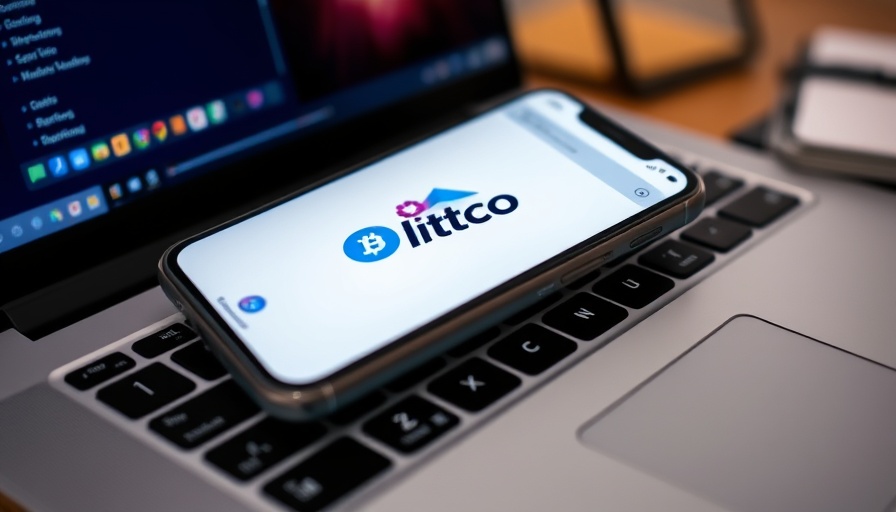
BitGo's Bold Move: Joining the Public Sphere
BitGo, a significant player in the crypto custodianship sector, is advancing towards an IPO as the cryptocurrency market buzzes with renewed excitement. Announced on July 21, the company has confidentially filed with the U.S. Securities and Exchange Commission (SEC) to go public, though specifics regarding share quantities and pricing remain undecided. Founded in 2013, BitGo has positioned itself as a go-to provider in the cryptocurrency scene, allowing clients to lend, borrow, and trade digital assets with ease.
A Wave of Optimism in Crypto
This forthcoming IPO arrives at a pivotal moment, coinciding with a flurry of crypto-related legislative changes heralded by President Donald Trump. By signing into law three bills that support the digital asset sector, a renewed optimism has sparked interest among investors and businesses alike. With enthusiasm palpable in the air, BitGo’s intentions to go public are part of a broader trend where companies are finally stepping into the mainstream limelight.
Learning from Circle's Debut
Just last month, Circle, another crypto player, successfully made its public debut, symbolizing what many believe is a cultural shift towards wider acceptance of digital currencies. This entry was more than just a fundraising success; it represented an inflection point where traditional finance appears ready to embrace innovative digital assets. "For years, cryptocurrencies have lived at the margins of institutional finance," remarked PYMNTS, and this sentiment is echoed in the mounting institutional interest in the crypto landscape.
Impact of the GENIUS Act
The recent passing of the GENIUS Act further underscores the evolving perception of stablecoins as credible financial instruments. This legislation could redefine how enterprises utilize these digital dollars globally, adding layers of trust and recognition. Not only can businesses make payments with more confidence across borders, but they may also encounter new challenges as stablecoin utilization grows. The irrevocability of these mechanisms adds a layer of complexity that companies must navigate carefully.
Risks and Opportunities in the Crypto Landscape
While the momentum is encouraging, it’s essential for business owners engaged in fintech and digital currency to stay aware of the potential pitfalls. Regulatory uncertainties and market volatility remain significant challenges that can impact participation in the crypto economy. As BitGo moves forward with its IPO, stakeholders in this burgeoning field must weigh the opportunities against inherent risks. The shift towards mainstream adoption could naturally invite scrutiny, similar to the hurdles faced by Circle.
Concluding Thoughts: A Real Opportunity for Growth
Ultimately, BitGo's anticipated IPO could open new avenues for business growth within the digital currency space. For business owners generating $2M–$10M+, being proactive in exploring funding and operational infrastructure improvements is crucial. Keeping an eye on crypto trends might prove beneficial in capturing this wave of financial innovation. It may be time to strategize your move and consider how these developments can impact your business on multiple levels.
Seize the opportunity to engage with these insights, assess your current operational strategies, and perhaps, take a leap into the fintech revolution. The future of finance is not just digital; it’s here.
 Add Row
Add Row  Add
Add 



Write A Comment